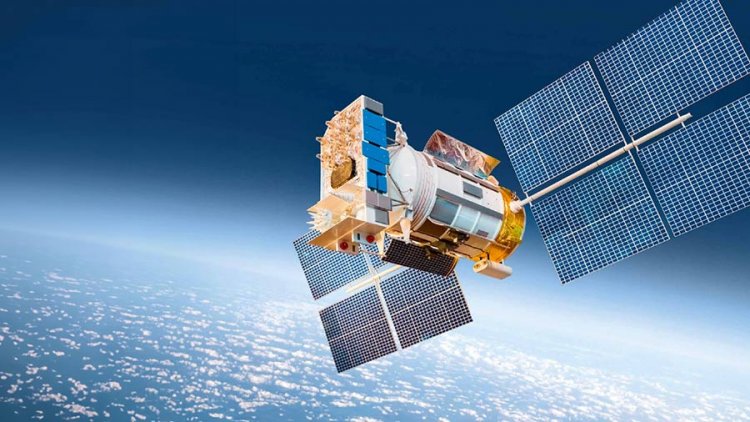100?I to be Allowed in Space Sector
STORIES, ANALYSES, EXPERT VIEWS

The Union Cabinet Wednesday took a series of key decisions, which included the approval for amendments to the existing Foreign Direct Investment (FDI) policy on space sector.
“Under the amended FDI policy, 100% FDI is allowed in space sector. The liberalised entry routes under the amended policy are aimed to attract potential investors to invest in Indian companies in space,” said Union Minister Anurag Thakur.
The amended policy extends the facility of up to 74% FDI under the automatic route for satellite manufacturing and operation, satellite data products and ground/user segment. Beyond 74%, these activities are under government route.
Up to 49% FDI under the automatic route will be allowed for launch vehicles and associated systems or subsystems, and creation of spaceports for launching and receiving spacecraft. Beyond 49%, these activities will be under government route. Thakur said up to 100% FDI under the automatic route would be permitted for manufacturing of components and systems/sub-systems for satellites, ground segment and user segment.
“This increased private sector participation would help to generate employment, enable modern technology absorption and make the sector self-reliant. It is expected to integrate Indian companies into global value chains. With this, companies will be able to set up their manufacturing facilities within the country...,” he said.
The satellites sub-sector has been divided into three different activities with defined limits for foreign investment in each such sector. As per the existing FDI policy, foreign investment is allowed in establishment and operation of satellites via government-approval route only.
Gives India the ability to catch up with China: This decision, writes The Hindu “gives India the ability to take advantage of its less vitiated foreign ties to catch up with China’s more advanced position as a space power. While the Chinese programme benefits from not-inconsiderable private sector participation, its ability to attract foreign investments is hamstrung by its belligerent foreign policies and the Xi Jinping administration’s plan to modernise the military by, among other things, adapting civilian technologies for military use, though other countries, including the U.S., have similar policies.”
According to IN-SPACe chairman Pawan K. Goenka, a “significant” slice of the $37.1 billion that the space sector raised worldwide in 2021-23 went to space start-ups. Against this extended backdrop, “new investments can add to India’s space economy by improving start-ups’ access to talent and capital; effecting a better balance between upstream and downstream opportunities, versus the current skew in favour of the former; boosting local manufacturing; and improving investor confidence. Finally, to sustain these winds of change, the government must keep the regulatory environment clear, reduce red tape, increase public support, and ease Indian companies’ ability to access foreign markets.”
















